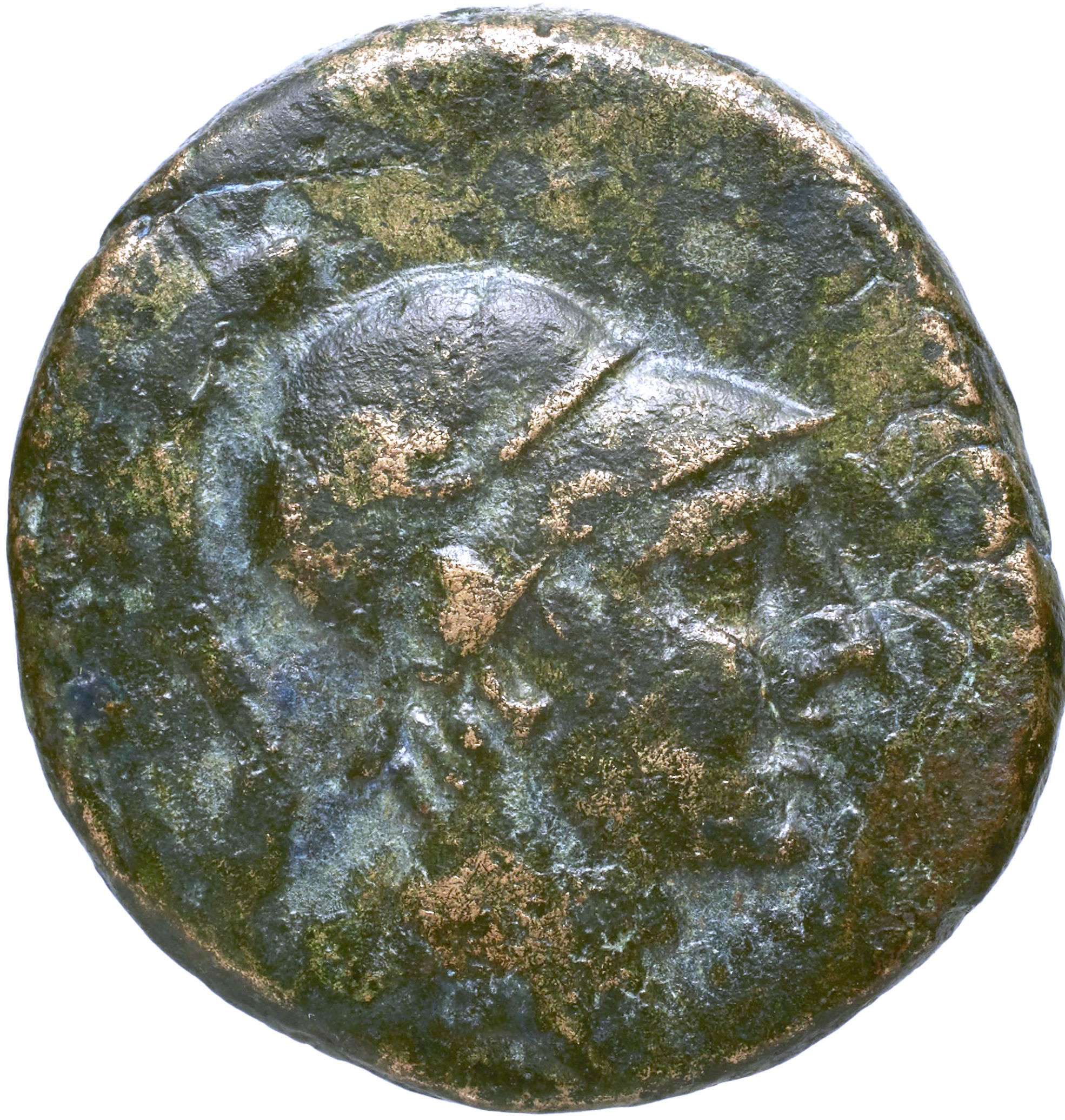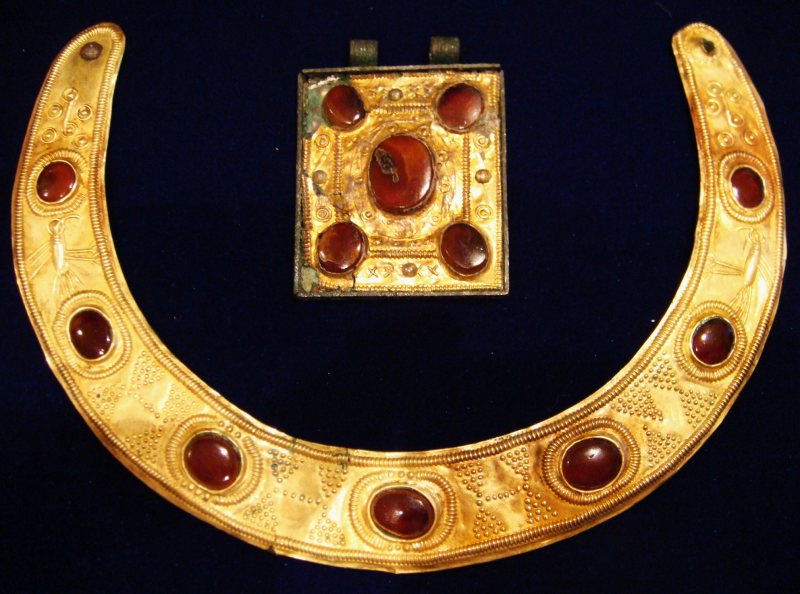|
Tasius
Tasius is the name given by Strabo to the king of the Rhoxolani, a Sarmatian tribal group. Around 100 BCE, Tasius led an invasion of Crimea in support of the Scythian warlord Palacus. He was defeated by the Pontian general Diophantus Diophantus of Alexandria ( grc, Διόφαντος ὁ Ἀλεξανδρεύς; born probably sometime between AD 200 and 214; died around the age of 84, probably sometime between AD 284 and 298) was an Alexandrian mathematician, who was the aut .... Ancient Crimea Sarmatian rulers 2nd-century BC Iranian people {{Europe-royal-stub ... [...More Info...] [...Related Items...] OR: [Wikipedia] [Google] [Baidu] |
Rhoxolani
The Roxolani or Rhoxolāni ( grc, Ροξολανοι , ; la, Rhoxolānī) were a Sarmatian people documented between the 2nd century BC and the 4th century AD, first east of the Borysthenes (Dnieper) on the coast of Lake Maeotis ( Sea of Azov), and later near the borders of Roman Dacia and Moesia. They are believed to be an offshoot of the Alans. Name The name ''Roxolani'' is generally interpreted as a compound formed with the Alanic root *''rox''- (modern Osset. or 'light, luminous'; Avest. ''raox''-''šna-'' 'luminous, shining') attached to the tribal name ''Alān''. This would make ''Roxolani'' an endonym translatable as the 'luminous' or the 'shining Alans'. The name could be linked to aspects of worship or the supernatural, as suggested by the modern Ossetian expression ''rūxsag ū'' ('may you be blessed'), addressed to the deceased, or the name ''Wacyrūxs'' ('divine light'), mentioned in the Nart sagas.' Historian George Vernadsky suggested that the ''Rocas'' ( ... [...More Info...] [...Related Items...] OR: [Wikipedia] [Google] [Baidu] |
Palacus
Palacus or Palakus was the king of Crimean Scythia who succeeded his father, Skilurus. Resuming the latter's war against Mithridates the Great, he attempted to besiege Chersonesos but was defeated by Pontic forces under Diophantus. Enlisting the assistance of the Rhoxolani under Tasius, Palacus launched an invasion of the Crimea. The invaders were defeated by Diophantus and accepted Mithridates as their overlord. Palacus was the last Scythian king whose name is attested in classical sources. References *''Content of this page in part derives from the Great Soviet Encyclopedia The ''Great Soviet Encyclopedia'' (GSE; ) is one of the largest Russian-language encyclopedias, published in the Soviet Union from 1926 to 1990. After 2002, the encyclopedia's data was partially included into the later ''Bolshaya rossiyskaya e ... article on the same subject.'' Scythian rulers Ancient Crimea 2nd-century BC rulers {{Europe-royal-stub ... [...More Info...] [...Related Items...] OR: [Wikipedia] [Google] [Baidu] |
Diophantus (general)
Diophantus ( el, Διόφαντος ''Diofados''), son of Asclepiodorus, of Sinope, was a general in the service of Mithridates VI of Pontus. Diophantus was active in Mithridates' campaigns in the Bosporan Kingdom and elsewhere around the Black Sea, although their chronology is disputed. An inscription found during the excavations in Chersonesos glorifies Diophantus as "the first foreign invader to conquer the Scythians".McGing, Brian Charles. ''The Foreign Policy of Mithridates VI Eupator, King of Pontus''. Leiden: Brill Academic Publishers, 1986 (), p. 51. During his first Crimean expedition, he relieved the siege of Chersonesos by the Scythian king Palacus and subdued his allies, the Tauri. He finished this campaign at Scythian Neapolis. During the second campaign, Diophantus checked another invasion of the Scythians, who had joined their forces with the Rhoxolanoi under Tasius. At one point during these campaigns he established a stronghold at Eupatorium on the eastern sh ... [...More Info...] [...Related Items...] OR: [Wikipedia] [Google] [Baidu] |
Strabo
Strabo''Strabo'' (meaning "squinty", as in strabismus) was a term employed by the Romans for anyone whose eyes were distorted or deformed. The father of Pompey was called "Pompeius Strabo". A native of Sicily so clear-sighted that he could see things at great distance as if they were nearby was also called "Strabo". (; el, Στράβων ''Strábōn''; 64 or 63 BC 24 AD) was a Greek geographer, philosopher, and historian who lived in Asia Minor during the transitional period of the Roman Republic into the Roman Empire. Life Strabo was born to an affluent family from Amaseia in Pontus (in present-day Turkey) in around 64BC. His family had been involved in politics since at least the reign of Mithridates V. Strabo was related to Dorylaeus on his mother's side. Several other family members, including his paternal grandfather had served Mithridates VI during the Mithridatic Wars. As the war drew to a close, Strabo's grandfather had turned several Pontic fortress ... [...More Info...] [...Related Items...] OR: [Wikipedia] [Google] [Baidu] |
Sarmatian
The Sarmatians (; grc, Σαρμαται, Sarmatai; Latin: ) were a large confederation of Ancient Iranian peoples, ancient Eastern Iranian languages, Eastern Iranian peoples, Iranian Eurasian nomads, equestrian nomadic peoples of classical antiquity who dominated the Pontic–Caspian steppe, Pontic steppe from about the 3rd century BC to the 4th century AD. Originating in the central parts of the Eurasian Steppe, the Sarmatians were part of the wider Scythian cultures. They started migrating westward around the fourth and third centuries BC, coming to dominate the closely related Scythians by 200 BC. At their greatest reported extent, around 100 BC, these tribes ranged from the Vistula River to the mouth of the Danube and eastward to the Volga, bordering the shores of the Black Sea, Black and Caspian Sea, Caspian seas as well as the Caucasus to the south. In the first century AD, the Sarmatians began encroaching upon the Roman Empire in alliance with Germanic peoples, Germanic ... [...More Info...] [...Related Items...] OR: [Wikipedia] [Google] [Baidu] |
Crimea
Crimea, crh, Къырым, Qırım, grc, Κιμμερία / Ταυρική, translit=Kimmería / Taurikḗ ( ) is a peninsula in Ukraine, on the northern coast of the Black Sea, that has been occupied by Russia since 2014. It has a population of 2.4 million. The peninsula is almost entirely surrounded by the Black Sea and the smaller Sea of Azov. The Isthmus of Perekop connects the peninsula to Kherson Oblast in mainland Ukraine. To the east, the Crimean Bridge, constructed in 2018, spans the Strait of Kerch, linking the peninsula with Krasnodar Krai in Russia. The Arabat Spit, located to the northeast, is a narrow strip of land that separates the Sivash lagoons from the Sea of Azov. Across the Black Sea to the west lies Romania and to the south is Turkey. Crimea (called the Tauric Peninsula until the early modern period) has historically been at the boundary between the classical world and the steppe. Greeks colonized its southern fringe and were absorbed by the Ro ... [...More Info...] [...Related Items...] OR: [Wikipedia] [Google] [Baidu] |
Scythian
The Scythians or Scyths, and sometimes also referred to as the Classical Scythians and the Pontic Scythians, were an ancient Eastern * : "In modern scholarship the name 'Sakas' is reserved for the ancient tribes of northern and eastern Central Asia and Eastern Turkestan to distinguish them from the related Massagetae of the Aral region and the Scythians of the Pontic steppes. These tribes spoke Iranian languages, and their chief occupation was nomadic pastoralism." * : "Near the end of the 19th century V.F. Miller (1886, 1887) theorized that the Scythians and their kindred, the Sauromatians, were Iranian-speaking peoples. This has been a popular point of view and continues to be accepted in linguistics and historical science .. * : "From the end of the 7th century B.C. to the 4th century B.C. the Central- Eurasian steppes were inhabited by two large groups of kin Iranian-speaking tribes – the Scythians and Sarmatians .. * : "All contemporary historians, archeologists and li ... [...More Info...] [...Related Items...] OR: [Wikipedia] [Google] [Baidu] |
Kingdom Of Pontus
Pontus ( grc-gre, Πόντος ) was a Hellenistic kingdom centered in the historical region of Pontus and ruled by the Mithridatic dynasty (of Persian origin), which possibly may have been directly related to Darius the Great of the Achaemenid dynasty. The kingdom was proclaimed by Mithridates I in 281BC and lasted until its conquest by the Roman Republic in 63BC. The Kingdom of Pontus reached its largest extent under Mithridates VI the Great, who conquered Colchis, Cappadocia, Bithynia, the Greek colonies of the Tauric Chersonesos, and for a brief time the Roman province of Asia. After a long struggle with Rome in the Mithridatic Wars, Pontus was defeated. The western part of it was incorporated into the Roman Republic as the province Bithynia et Pontus; the eastern half survived as a client kingdom until 62 AD. As the greater part of the kingdom lay within the region of Cappadocia, which in early ages extended from the borders of Cilicia to the Euxine (Black Sea), the king ... [...More Info...] [...Related Items...] OR: [Wikipedia] [Google] [Baidu] |
Ancient Crimea
The recorded history of the Crimean Peninsula, historically known as ''Tauris'', ''Taurica'' ( gr, Ταυρική or Ταυρικά), and the ''Tauric Chersonese'' ( gr, Χερσόνησος Ταυρική, "Tauric Peninsula"), begins around the 5th century BCE when several Greek colonies were established along its coast, the most important of which was Chersonesos near modern day Sevastopol, with Scythians and Tauri in the hinterland to the north. The southern coast gradually consolidated into the Bosporan Kingdom which was annexed by Pontus and then became a client kingdom of Rome (63 BCE – 341 AD). The south coast remained Greek in culture for almost two thousand years including under Roman successor states, the Byzantine Empire (341 AD – 1204 AD), the Empire of Trebizond (1204 AD – 1461 AD), and the independent Principality of Theodoro (ended 1475 AD). In the 13th century, some Crimean port cities were controlled by the Venetians and by the Genovese, but the interior ... [...More Info...] [...Related Items...] OR: [Wikipedia] [Google] [Baidu] |
Sarmatian Rulers
The Sarmatians (; grc, Σαρμαται, Sarmatai; Latin: ) were a large confederation of ancient Eastern Iranian equestrian nomadic peoples of classical antiquity who dominated the Pontic steppe from about the 3rd century BC to the 4th century AD. Originating in the central parts of the Eurasian Steppe, the Sarmatians were part of the wider Scythian cultures. They started migrating westward around the fourth and third centuries BC, coming to dominate the closely related Scythians by 200 BC. At their greatest reported extent, around 100 BC, these tribes ranged from the Vistula River to the mouth of the Danube and eastward to the Volga, bordering the shores of the Black and Caspian seas as well as the Caucasus to the south. In the first century AD, the Sarmatians began encroaching upon the Roman Empire in alliance with Germanic tribes. In the third century AD, their dominance of the Pontic Steppe was broken by the Germanic Goths. With the Hunnic invasions of the fourth century ... [...More Info...] [...Related Items...] OR: [Wikipedia] [Google] [Baidu] |





